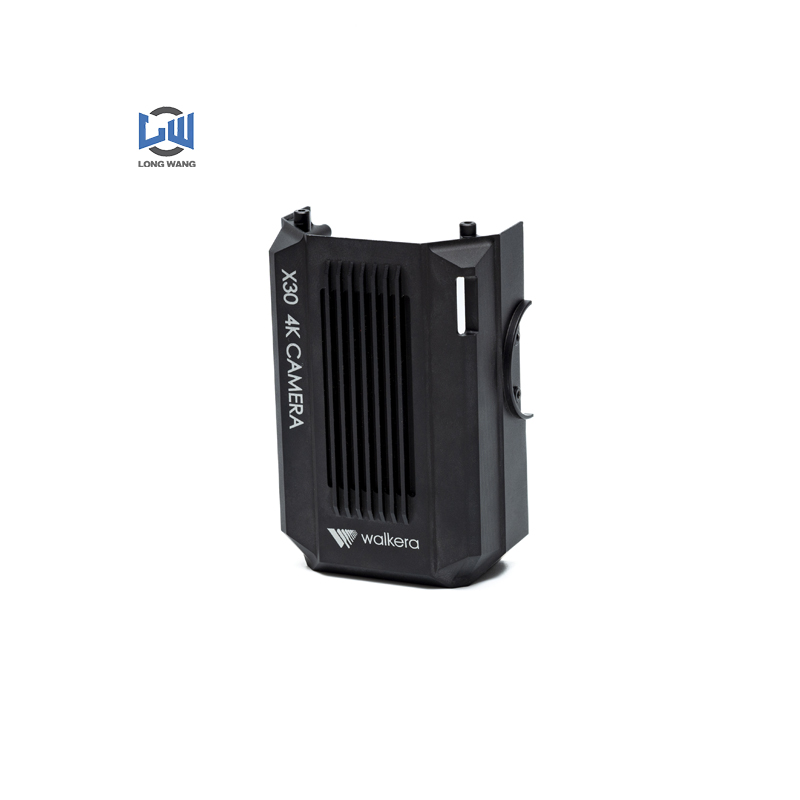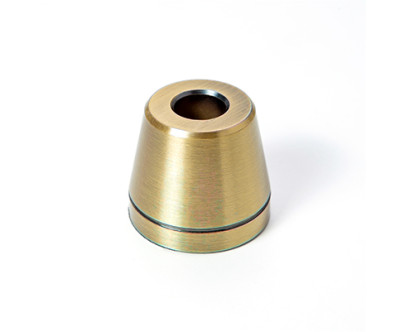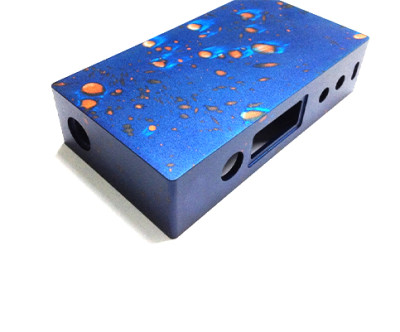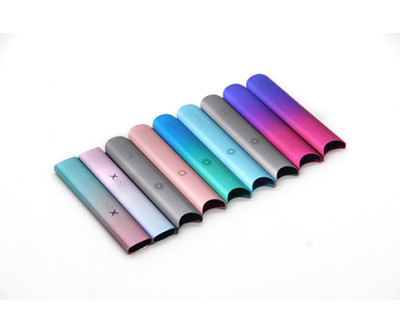Why Choose a CNC Precision Case for Drones Over Molded Plastic Housings?
In the rapidly evolving world of unmanned aerial vehicles (UAVs), the quality of structural components can directly influence a drone's performance, durability, and overall reliability. One of the most critical structural components is the drone's outer case or enclosure. Traditionally, molded plastic housings have been used in many consumer and hobbyist drones due to their low cost and ease of manufacturing. However, as drones are increasingly used in industrial, commercial, and military applications, the demand for more robust and high-performance enclosures has grown. This is where CNC precision aluminum cases offer a significant edge.
1. Superior Structural Integrity and Strength
CNC machined aluminum cases are made from solid blocks of high-grade aluminum alloy, which are precisely cut and shaped using advanced computer numerical control (CNC) machines. Unlike molded plastic housings, which can flex, crack, or degrade over time, aluminum enclosures provide a rigid, impact-resistant structure. This makes them ideal for drones that are exposed to harsh environments, rough landings, or high-vibration conditions. CNC precision also ensures tight tolerances and consistent structural integrity across all units.
2. Better Heat Dissipation
One of the major disadvantages of plastic housings is their poor thermal conductivity. As drones become more powerful and compact, internal components such as flight controllers, ESCs, and cameras generate more heat. Molded plastic traps this heat, potentially leading to component degradation or failure. In contrast, aluminum has excellent thermal conductivity. A CNC machined aluminum case acts like a passive heatsink, dispersing heat efficiently and helping maintain optimal operating temperatures for sensitive electronics. This is particularly crucial in high-performance or long-flight drones.
3. Precision Fit for Enhanced Protection
Plastic molds can degrade over time and may produce cases with slight variations or imperfections. In contrast, CNC machining delivers unmatched precision. Every cut, hole, and edge is executed according to exact digital specifications. This ensures a perfect fit for internal components, offering improved mechanical support and vibration resistance. A snug internal layout also reduces the likelihood of components shifting or coming loose during flight.
4. Increased Durability and Longer Lifespan
Aluminum enclosures are much more resistant to UV rays, weather changes, and aging than plastic alternatives. Plastic tends to become brittle over time, especially when exposed to sunlight or extreme temperatures. CNC aluminum housings maintain their integrity for years, even under demanding conditions. This long-term durability translates into cost savings and fewer maintenance issues, especially for commercial drone operators who rely on consistent performance.
5. Customization and Modularity
CNC machining allows for easy customization. Whether you need additional mounting holes, venting slots, recessed areas for sensors, or specific branding features, CNC machining offers unparalleled flexibility. For specialized drones—used in agriculture, surveillance, mapping, or delivery—customizing the housing design can dramatically improve integration and performance. Molded plastic cases require entirely new molds for each design change, which can be costly and time-consuming.
6. Premium Aesthetics and Professional Appeal
In many industries, especially those where drones are used for commercial services or demonstrations, appearance matters. CNC aluminum cases offer a sleek, modern, and professional look. Anodized finishes provide additional surface protection while enhancing color uniformity and visual appeal. Compared to mass-produced plastic cases, CNC cases offer a premium finish that reflects the quality and seriousness of the drone’s purpose.
7. Eco-Friendliness and Recyclability
While plastics can often be challenging to recycle and may contribute to environmental pollution, aluminum is one of the most recyclable materials available. A CNC aluminum drone case, when retired, can be recycled into other components without loss of quality. This makes it a more sustainable choice for manufacturers and users looking to reduce environmental impact.
8. Resistance to Chemical and Environmental Exposure
In certain industrial or scientific applications, drones may be exposed to chemicals, oils, or moisture. Plastic casings can degrade or absorb these substances, leading to deformation or contamination. CNC aluminum cases, especially when anodized or coated, offer excellent resistance to corrosion and chemical exposure. This makes them suitable for rugged applications such as marine surveillance, mining inspections, or firefighting drones.
Conclusion
While molded plastic housings still have a place in lightweight, cost-sensitive drone designs, the advantages of CNC precision aluminum cases are clear—especially for users demanding higher durability, precision, and performance. From enhanced heat dissipation to better mechanical protection, from aesthetic appeal to environmental responsibility, CNC machined drone enclosures are redefining the standard for drone casing design.
As drone applications expand into more critical industries, investing in CNC precision cases becomes not just a choice, but a strategic advantage for manufacturers and users alike.



